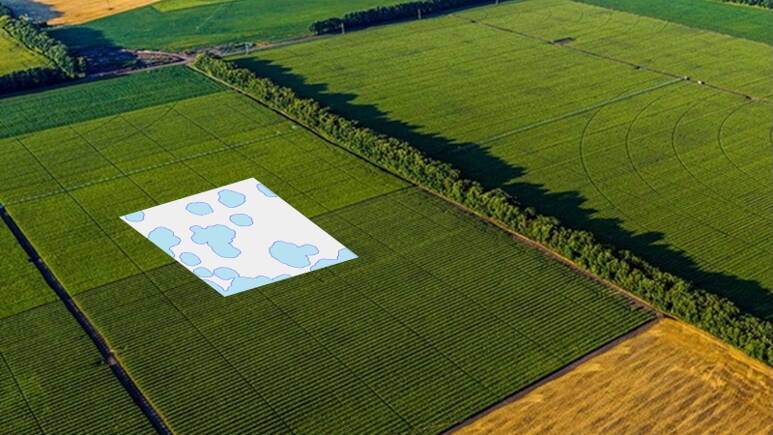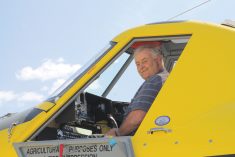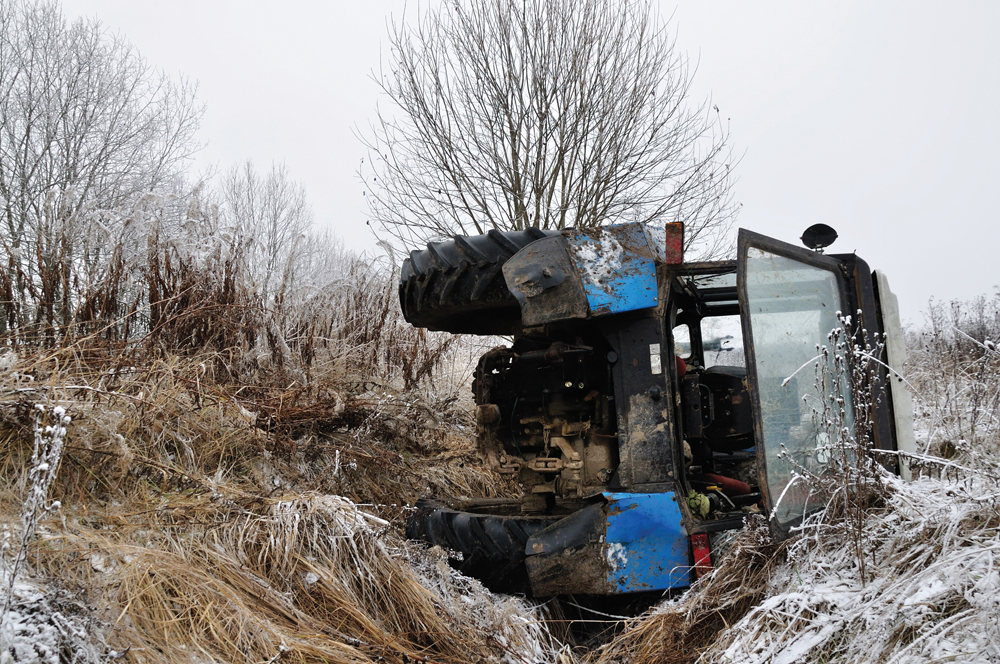The Canadian Agricultural Human Resource Council is conducting focus groups with farmers to examine the National Occupational Standards (NOS) for apples, crops, honey, mushrooms, potatoes and turf.
These NOS will then be used for training programs based on what producers indicate are the best ways of doing business, a CAHRC release states. To date, 20 National Occupational Standards have been developed with input from 270 industry stakeholders for the pork, sheep, aquaculture, beef and poultry commodities.
Producers can find dates, times and places for focus groups across Canada at the CAHRC website. Participant expenses will be reimbursed.
Read Also

Predictive weed mapping, coming to a farm field near you
Geco–Gowan deal taps AI tools, imagery, to forecast weed-patch-prone field zones, so Prairie farms can preemptively target herbicides
The research is in support of two projects being conducted by CAHRC: the National Agricultural Occupational Framework and Labour Market Support (NAOF) and the Canadian Agriculture and Agri-Food Workforce Action Plan (WAP).
“This research is important and meant to support employers in the industry,” said Portia MacDonald-Dewhirst, CAHRC executive director.
NAOF is an in-depth study of the jobs and skills involved in today’s agricultural workforce with specific focus on 10 commodities. The information gathered through this research is being used to develop training and support tools for producers and workers, as well as a curriculum mapping tool that will assist educators to enhance and develop new curriculum that reflects the modern work done on farms today. In addition, this research is helping to develop a job-matching tool that links employers with qualified job seekers and student interns.
The WAP examines issues of industry labour management and shortages. A consultative process led by the national Labour Task Force, has identified two recommendations: one is to increase the supply of agricultural labour (skilled and unskilled workers) and the other to improve the knowledge and skills of workers already in the industry.














